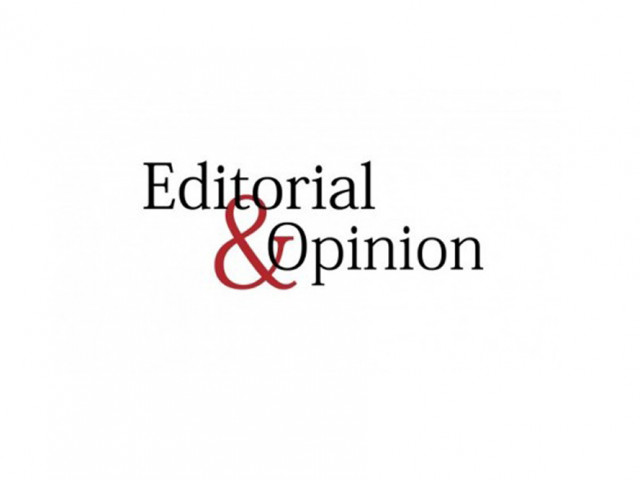Need for RTI reforms
A strong RTI framework would serve as a bulwark against the tide of disinformation that fosters mistrust and division.

In an age where information and disinformation shape perceptions and wield power to influence decisions, the importance of a robust right to information (RTI) framework cannot be overstated.
Political polarisation, a growing concern in various democracies worldwide, thrives not only on divergent opinions but also on the absence of clear, reliable information. Pakistan, as a nation grappling with heightened political divides, stands at a crucial juncture where strengthening its RTI law could serve as a powerful antidote to misinformation and promote greater societal cohesion.
The implementation of an effective RTI framework is essential for promoting transparency and accountability within the government. When citizens have access to timely and accurate information regarding governmental actions, decisions and spending, they are empowered to engage constructively in public discourse. The absence of such information can lead to speculation, rumours and spread of disinformation - factors that contribute significantly to political polarisation.
A strong RTI framework would serve as a bulwark against the tide of disinformation that fosters mistrust and division. Ensuring that public records are easily accessible and that information is disclosed proactively creates a shared understanding of governmental operations. In this context, misconceptions and conspiracy theories, which often thrive in a vacuum of information, can be effectively countered.
Some of the critical reforms suggested by experts include enhancing the independence and power of the Pakistan Information Commission to enforce compliance with the RTI law while eliminating ambiguities.
The health of democracy depends on citizens knowing as much as possible about what their government is doing. An informed society is one better equipped to engage in rational debate, recognise common ground and pursue constructive solutions rather than succumb to divisive rhetoric.














COMMENTS
Comments are moderated and generally will be posted if they are on-topic and not abusive.
For more information, please see our Comments FAQ